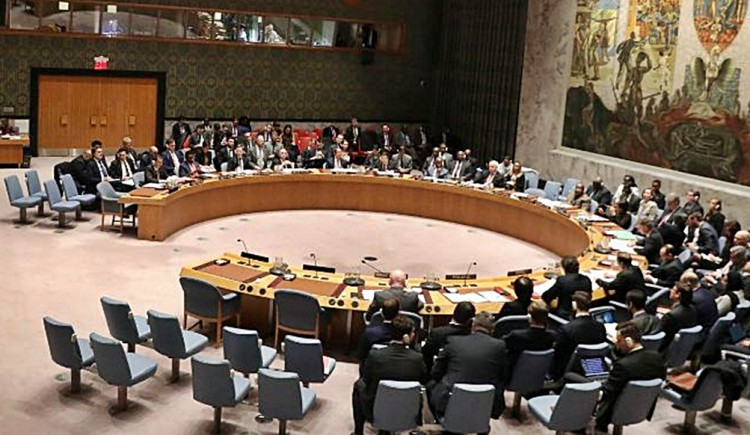An attempt by the Trump administration to compel the United Nations Security Council to extend the conventional arms embargo against Iran failed miserably with only one country, the Dominican Republic, supporting the move. The Security Council consists of five permanent members and 10 temporary ones.
For months, members of the Security Council brushed aside persistent efforts by the Trump administration to goad them into supporting its call to extend the arms embargo. The vote on the embargo Friday saw Russia and China vote against the United States.
Germany, France, the United Kingdom, Belgium, Estonia, Indonesia, Niger, Saint Vincent and the Grenadines, South Africa, Tunisia and Vietnam all refused to support the Trump administration, and abstained from voting on the issue. The Trump administration needed nine votes to pass its resolution.
Before the vote, the U.S. tabled a resolution at the Security Council that would have extended the existing embargo indefinitely.
The Trump administration sowed the seeds of its own defeat by unilaterally walking away on May 8, 2018 from the 2015 Joint Comprehensive Plan of Action (JCPOA), commonly known as the Iran nuclear deal, crafted by the administration of former president Barack Obama.
President Donald Trump's uncalled for abrogation of JCPOA gave the U.S. no legal right to demand the Security Council extend the JCPOA arms embargo set to end by October 18.
The Trump administration's attempt to use a deal it had abrogated as an excuse to reimpose the arms embargo -- also called a snapback -- was met with scorn and derision by some UN diplomats.
"You can't have your cake and eat it too," said one Security Council diplomat.
Other diplomats remain furious about Trump yanking the U.S. out of the JCPOA. In demanding the Security Council extend the arms embargo, the U.S. still claims to be a participant to the JCPOPA with the ability to unilaterally impose snapback sanctions.
China, however, predicts the Trump administration's attempt at snapback sanctions is doomed to fail.
Despite the humiliating defeat, the Trump administion vowed to stop at nothing to extend the arms embargo.
Kelly Craft, U.S. Ambassador to the United Nations, claimed the Trump administration has every right to initiate snapback of provisions of previous Security Council resolutions. She promised that in the coming days, the Trump administration "will follow through on that promise to stop at nothing to extend the arms embargo."
The opposition by France, Germany and the UK to the Trump administration reimposing the Iran arms embargo and calling for a snapback was not unexpected. In early June, all three publicly said they wouldn't back the Trump administration's efforts to unilaterally trigger the snapback. They did, however, say they wanted negotiations with Iran over its ongoing violations of the JCPOA.
Trita Parsi, executive vice president of the Quincy Institute, argued there is a strong case to be made the U.S. cannot trigger snapback since it no longer is a participant in the JCPOA.






